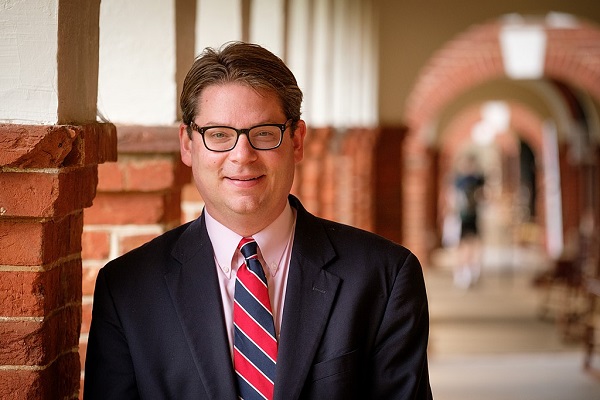
The Role of Religion in Black and Latino Families
- By Derek Welch --
- 17 Apr 2016 --

By Nick Leaver [CC BY-SA 4.0], from Wikimedia Commons
Soul Mates examines religion, love & marriage among African-Americans and Latinos.
As a response to the present ethnic and racial divisions in the United States, W. Bradford Wilcox, an Associate Professor of Sociology at the University of Virginia, co-wrote the book Soul Mates: Religion, Sex, Love & Marriage among African-Americans and Latinos with Nicholas H. Wolfinger, highlighting marital and religious values of Latino and black families living in the United States. The book also explores how church going and religious faith are linked to family life and marriage in the two said communities. Wolfinger is a professor at the University of Utah.
The Role of Religion in Black and Latino Families[/tweetthis]
Wilcox, who teaches Sociology of Family and also Sociology of Religious Behavior, first became interested in such topics when he was a university undergraduate. This led him to research and then pen down Soul Mates. He said that writing the book was an excellent way to bridge the disparate world of teaching and research.
Their research indicates African-Americans wed less than whites and the majority of children are born out of wedlock. They tend to be less happy and divorce more.
A more positive portrait of Latinos is painted. Compared to whites, they are about as happy in their relationships and have similar marriage and divorce rates. Like Blacks, they often have children out of wedlock.
However, those Blacks and Latinos who go to church on a consistent basis are happier, marry more, divorce less, and have less children before marrying.
Looks like a book to pick up: “Soul Mates: Religion, Sex, Love, and Marriage Among African Americans and Latinos” – https://t.co/fmnWzQADTs
— Thabiti Anyabwile (@ThabitiAnyabwil) January 20, 2016
The researchers found that religion played an important role in keeping families together. The book explores other family trends as well. It is the first to state that Latino and Black couples (along with whites) who go to church together are more likely to report of being happy in relationships compared to couples who do not attend church, or if they do, do not attend together.
The book indicates that religious faith leads to better men. Latinos and Blacks who regularly attend church are more likely to be employed. They tend to avoid substance abuse and criminal activities, and thus stay out of jail. It has the indirect effort of better quality family relationships.
Both Wilcox and Wolfinger however assert that religious involvement does not portray the complete picture on the method to close ethnic and racial divisions in the U.S. They say that it will involve a plethora of religious, economic and cultural developments to go over the ethnic and racial divides present in family life in the U.S.




















